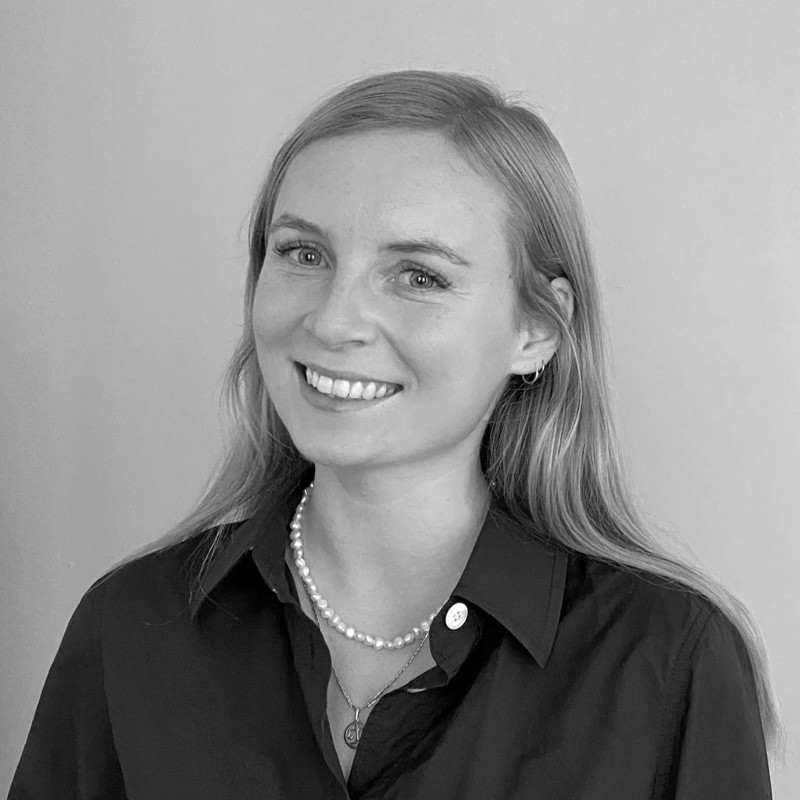
A new accelerator programme, set up jointly by a large Indian fashion manufacturer, PDS, and a Global Fashion Agenda, a fashion sustainability charity, is hoping to help eco-friendly fashion entrepreneurs scale up their operations. It is the latest example of the fashion industry beginning to use corporate venturing tools to address the sector’s environmental problems.
The Trailblazer Programme, launched earlier this year, will give eight fashion startups with a focus on sustainability a chance to compete for $200,000 in investment, and an opportunity to make connections with big names in the ecosystem such as Ralph Lauren and H&M. The accelerator is being run by PDS, an India-based garment manufacturer that supplies fashion brand developers such as Authentic Group. PDS partnered with Authentic Group in 2023 to take on luxury fashion company Ted Baker’s design and merchandising functions.
Christina Iskov, head of innovation and development at Global Fashion Agenda says it will require change at all levels of the fashion supply chain to reach sustainability goals.

“Effecting change in a deeply entrenched fashion system demands a holistic approach. The fashion industry’s traditional take-make-dispose model necessitates concerted efforts from all to spur a meaningful transformation,” she says.
This year has seen Copenhagen-based Global Fashion Agenda partner with a number of corporations as it seeks to shift the industry towards more sustainable practices. It recently partnered, for example, with H&M Foundation in a three-year funding pact to fuel circular fashion.
Iskov says that the Trailblazer accelerator will support startups across the value chain from materials and manufacturing to supply chain technologies. “Our priority lies in identifying solutions that generate tangible impact, and really move the needle in this crucial moment for the industry.”
The fashion industry is responsible for 10% of the world’s total carbon emissions according to the European Environment Agency, more than the aviation and shipping industries combined. The sector is, however, slowly answering the call to become more sustainable in its manufacturing processes.
PDS founded a corporate venturing arm, PDS Ventures, in 2018. The unit invests mainly in sustainability-focused garment technologies, including sustainable cotton farming startup Materra and recycling textiles and clothing developer Evrnu. It currently has 28 startups in its portfolio.
“The inception of PDS Ventures was driven by a singular goal: to foster the creation of a circular ecosystem within the fashion industry, thereby ensuring a secure future for all individuals involved in the fashion value chain,” says Ankur Agarwal, head of investments at PDS Ventures.
“By integrating fashion, technology, and sustainability, PDS Ventures makes forward-looking investments that are poised to redefine the industry,” he says.

PDS Ventures is not the only fashion-focused corporate venture capital firm. Other notable units include LVHM Luxury Ventures, the investment entity of LVMH Group which has also begun investing in climate-focused funds.
Hugo Boss-backed sustainable fund Collateral Good Ventures Fashion I, which was launched in December 2023 and invests in startups across the fashion supply chain including recycling of textiles and novel dyeing materials.
Fashion startups focusing on sustainability are receiving increasing amounts of funding. Colorful Standard, a producer of sustainable and colourful fashion products raised a seed funding round last year and sold 49% of its company to ABN Amro Sustainable Impact Fund, the corporate fund of Netherlands-based banking company ABN Amro.
The Trailblazer initiative
Although the investment offered through the Trailblazer Programme is not vast — just $200,000 for one company — Isvok is hoping it will help more young sustainability companies scale.
“We recognise the importance of this area and are very excited to dive into it further with this new project. Small-scale innovators often have the flexibility and agility to experiment with new materials, processes, and business models that can drive sustainability in fashion in unique ways,” Iskov says.
Applicants will get exposure to a jury of fashion representatives from PDS Ventures, Ralph Lauren Corporation and H&M Group. The eight shortlisted startups will receive feedback and investment pitch training from industry experts.

“By offering the opportunity to provide such innovators with guidance and the investment potential, we are encouraging these trailblazers to develop and refine their pioneering ideas,” says Iskov.
“The Trailblazer Programme will provide an opportunity for early-stage innovators to receive not only financial support but also invaluable mentorship and guidance from industry experts, equipping them to navigate the evolving landscape and ensuring they are prepared for the changes ahead,” she says.
The company selected for the equity investment of $200,000 will also receive operational support from PDS Group’s manufacturing and sourcing platform Positive Materials.
“Together with PDS, we will work closely with the invested company, offering guidance, mentorship, and access to our extensive network to help them navigate challenges and scale their innovations effectively,” says Isvok.
“The selected recipient will benefit from comprehensive commercial and operational assistance provided by PDS Group’s Positive Materials. Moreover, access to PDS Limited’s expansive global supply chain will unlock additional avenues for scaling up initiatives,” she says.
“Small-scale innovators need targeted investment from those who understand the complexities of the landscape and brands need to be supported in implementing innovations at scale, meeting legislative demands,” she says.
Using CVC to tackle fashion industry challenges
The fashion industry has faced criticism for everything from poor working conditions to environmentally devastating practices. Not only is it a large carbon emitter, but the industry’s heavy water use dries up water sources as well as polluting rivers and streams. In addition, Good On You, a sustainable fashion ratings platform found that 93% of 311 fashion brands surveyed are not paying their garment workers a living wage.
Agarwal says that CVCs and fashion startups are at the forefront of tackling some of these issues.
“It is important to prevent the fashion industry’s environmental damage at its source. Legislations and shareholder pressure combined with changing consumer awareness make it important to invest in start-ups tackling issues around supply chain transparency,” he says.
He says that technologies that make the fashion supply chain more efficient would also help sustainability — and could also have a positive impact on the bottom line for companies.
“The fashion supply chain has its challenges, from opaque to inefficiency. Improving efficiency and transparency across the supply chain not only ensures adherence to ESG and sustainability goals but also brings in operational efficiencies that impact the business’ performance. CVCs and fashion start-ups are increasingly looking at technological solutions to enable improved efficiency,” says Agarwal.

Agarwal says that the biggest challenge in running a fashion-focused corporate fund is aligning the interests of different stakeholders and adopting innovation. “No single stakeholder in the supply chain can make an impact alone, it has to be a collaborated effort. We believe there needs to be a carrot-and-stick approach; the stick comes from the government through legislation and regulations.”
“There is a need for a carrot in terms of incentives for partners making good sustainable approaches and penalising those who are not. This approach shall make these sustainable innovations more adaptable,” says Agarwal.
Agarwal says that change can occur when investment units are willing to partner with each other. “We believe that a single partner cannot bring about change and hence the best strategy is to collaborate with other strategic partners – brands and retailers, and financial VCs, to co-invest in a solution together rather than backing different solutions,” he says.
“A consortium of investors with brand validation, a supply chain partner to help scale up the innovation and a financial VC to back financially, improves the probability of success,” says Agarwal. “The above is the thesis at PDS Ventures and the core of our partnership with GFA.”
